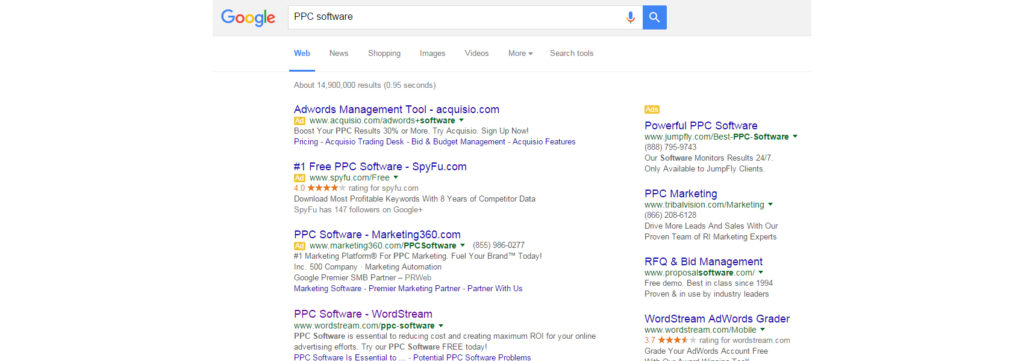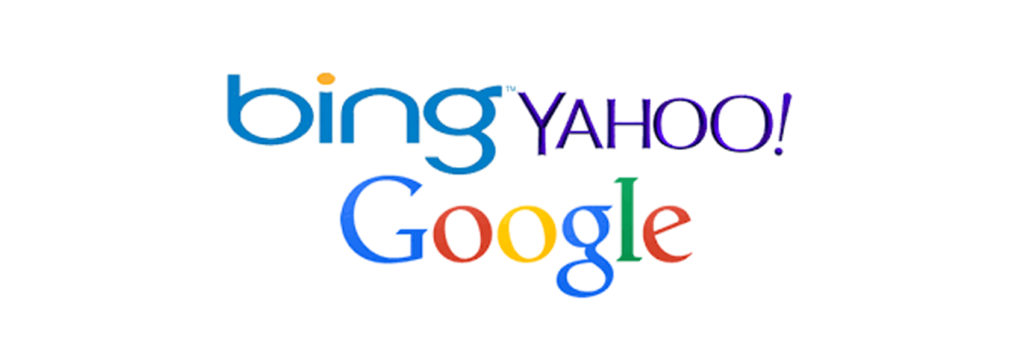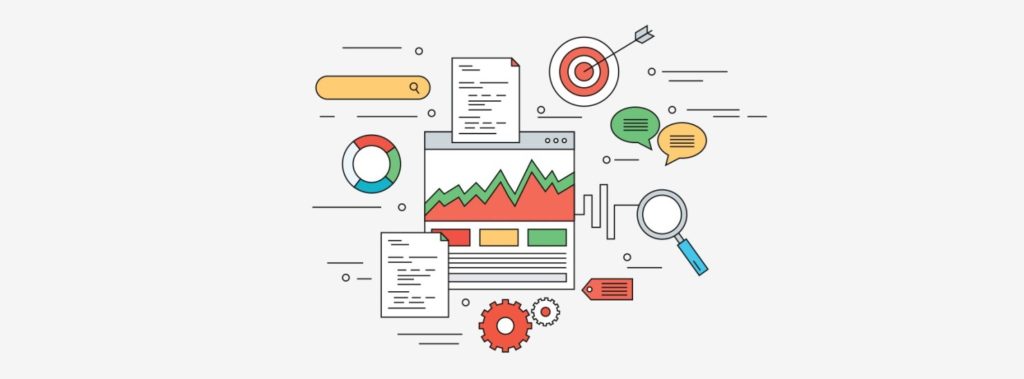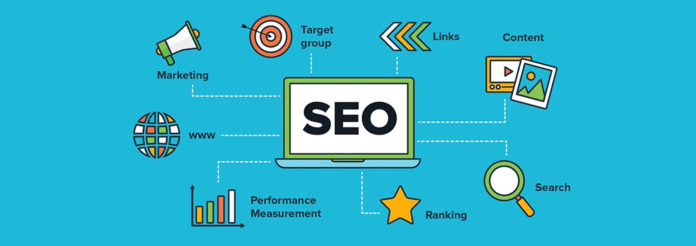We have all heard the term Search Engine Optimisation (SEO) at one point or the other in our lives. In recent times, when digital marketing is taking over traditional marketing, the importance and popularity of SEO are increasing by the day. Now, what is SEO? Keep reading to get an in depth idea about SEO and why it is important.
What is SEO?

SEO is an internal part of digital marketing. It is the process of optimizing websites to increase their visibility and make them reach a higher position in search engine results.
In simpler terms, it is the process of increasing your website’s traffic from free, organic and natural search results on search engines.
All the major search engines such as Google, Yahoo and Bing have primary search results which appear when a user searches for a term. Content such as web pages, videos, stats and listings appear based on what the engines consider to be most relevant to the users. SEO aims at making your webpage appear in the primary search results of search engines.

Research shows, websites which appear on the top of the search engine results page (SERP) are likely to get 95 % more clicks than others.
How SEO works
We all use search engines on a daily basis. We type a query and the search engine automatically replies with hundreds of web pages which could possibly answer your question. Have you ever wondered how it all works?
Well, here’s the answer.

There are a lot of factors that go into a search engine’s algorithm. Google, Yahoo, Bing or any other search engine you are using has a crawler which collects information about all the content it can find on the Internet. The crawlers bring all the information back to the search engine to build an index. This index is fed into the search engine’s algorithm, which tries to match the information with your query.
Google uses over 200 signals to get its search results largely based on relevancy and authority of the pages to provide the best results to its users.
The role of SEO therefore is to make sure a website is technically sound, accessible with high quality expert content and uses words which people usually type into the search engines. Optimization is everything from making sure the title tags and meta descriptions are informative and of the right length.

Google uses an algorithm called PageRank to calculate the popularity of a webpage. SEO can therefore also aim at improving the number of inbound links(a hyperlink directing audience to your site from another website) to a website from other websites. This process is known as link building. Relevant and reputable websites linked to your website can be a strong signal to search engines that your content is trustworthy.
The Process Of SEO
The SEO process involves two kinds of activities—technical and creative. These activities are often referred to as onsite SEO and offsite SEO.
Onsite SEO

Onsite SEO refers to the set of activities involved in the process of optimizing a website to rank higher and earn more traffic from search engines. In simpler terms, these activities increase the overall visibility, accessibility and relevance of a website.
Beyond helping search engines elucidate page content, proper onsite SEO also helps users get a quick idea about your website and whether it is relevant to them.
Some of the activities involved in onsite SEO are:
1) Keyword research:
Onsite SEO aims at understanding the types of words used by potential users and the frequency of these words. Keyword research can help in understanding the users’ intent and meet their expectations by providing them with good quality content which is more relevant to their queries.
2) Technical auditing
This is the process of checking if the website is in alignment with the search engines’ algorithms. This can help make sure the website is crawled and indexed effortlessly and is free from errors or bugs which can hinder users’ experience on your website.
3) Site optimization
This process involves optimizing your own website for better user experience. Improving the website’s structure, internal navigation, user friendly content, prioritizing important areas and targeting relevant search phrases are some of the key operations.
Offsite SEO

Offsite SEO refers to a set of actions taken outside your website to impact your rankings within search engines. This process is often referred to as link building.
This process includes optimizing your website for offsite ranking factors. This consists of improving your popularity, relevance, trustworthiness and authority. How can you accomplish this? As mentioned before, your website’s popularity and trustworthiness can be improved when other reputed websites link your website or effectively promote your website, vouching for its quality. Website linking is the most important signal to the search engine that your content is trustworthy.
There are three kinds of links in offsite SEO
1) Natural links
These links are given freely without any action from the page owner. A fashion blogger directing you towards their personal favourite brand is a natural link.
2) Manually built links
Manually built links are those links which are gained through deliberate activity. This includes things like asking bloggers and influencers to link your website.
3) Self created links
Self created links are created by adding backlinks in an online directory, forum or blog. Self created links are counted as black hat SEO and are often frowned upon by the search engine.
What is black hat SEO?

Black hat SEO is an SEO practice which does not align with the search engine guidelines. These unethical techniques are used by some websites to increase their search engine rankings. Some black hat techniques include Keyword stuffing(using a large number of misguiding keywords), cloaking and using private link networks. Consistent use of these techniques can do more harm than good to your website.
Some of the activities in offsite SEO include,
Digital Public Relations
Digital Public Relations (PR) is a great low cost technique of making people more aware of your website or brand. It provides reasons for other reputed websites to interact with or link to your website. Digital PR helps you reach your target audience by featuring your website on other websites with which they interact, podcasts to which they listen or on social media accounts they love.
Here are some common types of digital PR strategies:
1) Networking with journalists and editors to gain backlinks.
2) Affiliating with other bloggers and influencers who direct their audience to your website.
3) Publishing high quality articles online to gain backlinks.
4) Influencer marketing to gain some mentions on popular social media accounts.
5) Offline press events and blogger events which have online coverage.
Content Marketing

Popular websites often tend to link to quality content. Content marketing is usually the process of creating and sharing free valuable content online to convert prospects into potential audience or customers.
Content marketing is a long term strategy which emphasizes on building a strong relationship with your target audience by giving them high quality relevant content on a regular basis.
What you have to keep in mind is, linking practices such as buying links, excessive link exchange and articles which manipulate rankings are against Google policies. Google can take action against your website if you practice these activities.
Regardless of how links are obtained, the following factors contribute to SEO efforts:
1) If the linking site is not popular, you will not get the required audience.
2) How related the linking site is to your website.
3) The freshness of the link.
4) Trustworthiness of the linking site.
5) The number of other links on the linking page.
Only when these factors are fulfilled can you expect growth in your audience.
The importance of SEO for a website

In today’s world of competition, SEO marketing is required more than ever.
1) SEO is a key tool for webpage owners to direct traffic towards their website. SEO aims at getting more traffic for diverse sources and getting returning visitors.
2) SEO plays a crucial role in building online businesses and e commerce businesses. If your website ranks in the top 5 results on the SERP, then people are most likely to buy the products or services you sell.
3) Using specific keywords, SEO can generate good traffic and increase the overall revenue for e commerce websites.
4) Websites having more than one author can benefit from SEO. It can help provide a common framework to use before publishing content on the website.
5) SEO can give you a competitive advantage. If two websites are selling the same product or putting out the same type of content, a website with better SEO is likely to have more customers and audience.
6) Apart from improving your search engine visibility, good SEO practices improve the user experience and usability of a website.
7) More than anything, users trust websites which rank better on search engines and therefore, you need SEO if you are a website owner.

On the whole, SEO is a simple process of optimizing your website to rank higher on the SERP. However, not every SEO practice is healthy for your website. Holistic SEO is the best possible practice and is also the healthiest way to improve your website’s traffic. Using black hat SEO tricks may improve your traffic instantly, but eventually, it will have a negative impact on your rankings. Sometimes, it can also lead to your website being shut down completely. Practising sustainable SEO will benefit you in the long run.
We hope this guide helped you understand SEO better. For any more queries, reach out to Whacked Out Media or leave us a comment below!




